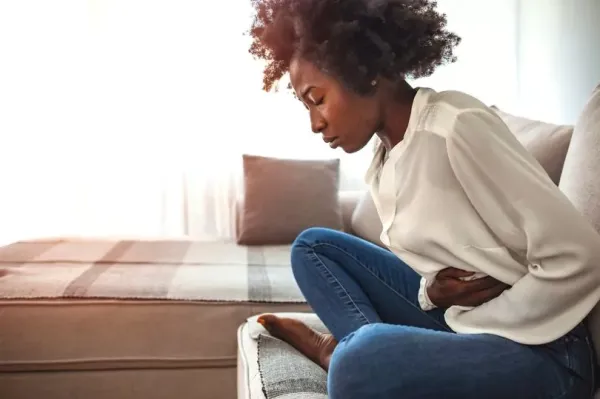
The UK Health Security Agency (UKHSA) has issued an important message regarding how to manage certain 'unpleasant' illnesses. While it may be tempting to push through and continue with daily activities, the agency urgedaffected Brits to stay at home to preventbugs from spreading.
Earlier this morning (October 9), the UKHSA said on X: "Diarrhoea and vomiting is unpleasant for everyone. If you come down with a case, here is what you can do to reduce the spread."
Diarrhoea and vomiting are common symptoms that can affect people of all ages, including children and babies. They are usually caused by a stomach bug and can often be managed at home. Recovery generally takes a few days.
- Gary Neville slams Liverpool 'baby' as three other players branded 'absolutely useless'
- Freddie Flintoff leaves This Morning's Ben Shephard red-faced as he calls him out
Nonetheless, the UKHSA stressed that anyone experiencing this should stay 'at home for 48 hours' after the symptoms clear. This is likely because conditions like gastroenteritis can stay infectious even after you appear to recover, meaning they might still be transmitted to others.
Anyone with high temperatures, headaches, and sore arms or legs should stay home if they have suffered diarrhoea and/or vomiting, too. Guidance from the NHSechoes this sentiment, adding: "Stay off school or work until you've not been sick or had diarrhoea for at least two days.
"If you have a high temperature or do not feel well enough to do your normal activities, try to stay at home and avoid contact with other people until you feel better."

Beyond this, the NHS also lists various other ways you can help to avoid spreading an infection in such cases. These include the following:
- Clean toilet seats, flush handles, taps, surfaces and door handles every day
- Do not prepare food for other people, if possible
- Do not share towels, flannels, cutlery or utensils
- Do not use a swimming pool until at least 48 hours after your symptoms stop
- Wash your hands with soap and water frequently
- Wash any clothing or bedding that has poo or vomit on it separately on a hot wash
For those suffering from diarrhoea and vomiting, it also recommends avoiding:
Fruit juice or fizzy drinks – they can make diarrhoea worse
Do not make baby formula weaker – use it at its usual strength
Do not give children under 12 medicine to stop diarrhoea
Do not give aspirin to children under 16
Usually, you don't need to consult a GP for diarrhoea and vomiting, as they often resolve on their own. However, call 999 or visit A&E in these cases:
- You have blue, grey, pale or blotchy skin, lips or tongue - on brown or black skin this may be easier to see on the palms of the hands or soles of the feet
- You have a sudden, severe tummy ache
- You are having severe difficulty breathing, or taking lots of quick, short breaths
- You are confused or not responding as usual
- You have yellow-green or green vomit (children)
- You may have swallowed something poisonous
- You have a stiff neck and pain when looking at bright lights
- You vomit blood or have vomit that looks like ground coffee
- You have a sudden, severe headache
- You have green vomit (adults)
For more information, head to theNHS website.
-
Sonakshi Sinha Shuts Down Pregnancy Rumours With Humour: '16 Months And Counting'

-
‘Ball In Taliban’s Court’: Pakistan PM Sharif On Truce With Afghanistan After Deadly Border Clashes

-
Varun Chakaravarthy Reveals Shocking Incident That Made Him QUIT Architecture: ‘Chennai Client’s Master-Bedroom Was Filled With Poop..’

-
Windows 10 Final Security Patch Now Rolling Out As Microsoft Ends Support: How To Upgrade

-
Pet Dog Chewing On Lithium-Battery Sparks Fire At US House In Absence Of Family; VIDEO
